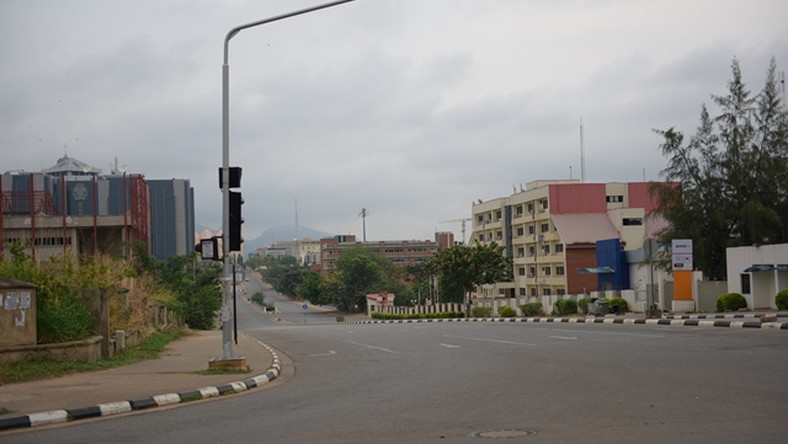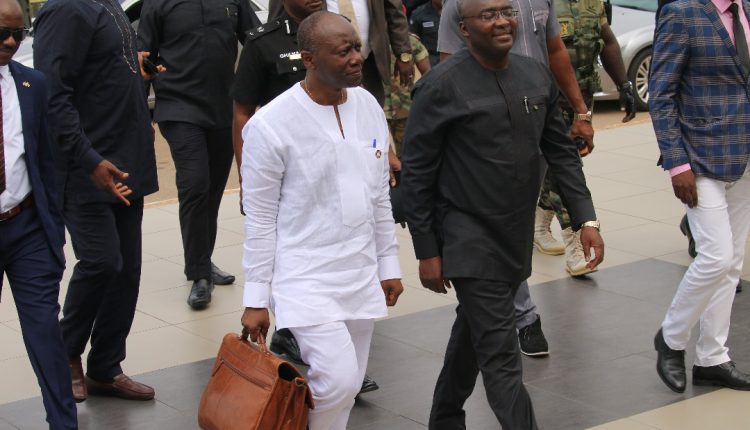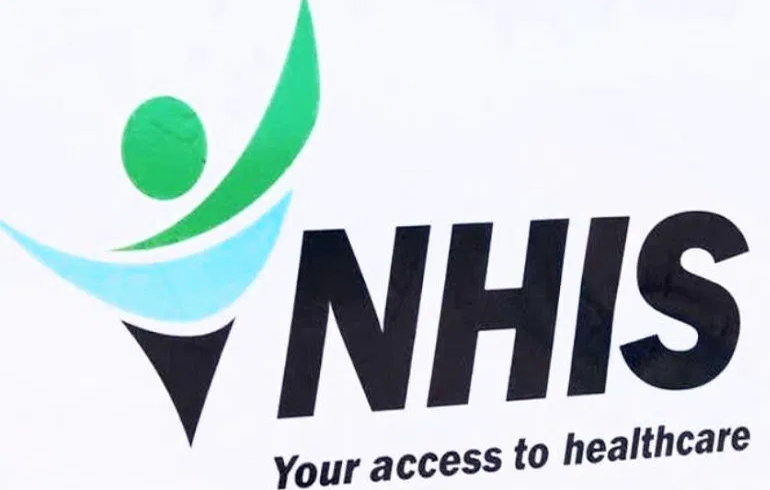A Policy Think Tank in Ghana Institute for Liberty and Policy Innovation (ILAPI) has estimated that a lockdown will cost the country GHS15 billion.
Ghana has recorded 53 cases of Covid-19 as of March 24, 2020. The first confirmed case of coronavirus was recorded on March 13, 2020.Since then multiple cases are being recorded.
There have been divergent opinions on whether or not the state announces a lockdown if not full a partial one for the Country’s capital Accra and Kumasi.
Ghana’s President having suspended all social gatherings including Church activities and closed down schools since March 16, 2020, Saturday, March 18, 2020, announced the closure of all borders both by Land, Sea and Air space. Also, mandatory 14 days quarantine for all permitted travelers to Ghana as part of enhanced measures to control the spread of the disease.
A statement issued Wednesday, March 25, 2020, and signed by Director of the Think Tank, Peter Bismark, a lockdown will have serious economic implications in which the Government needs billions of cedis to sustain the economy during such period.
Below is the full statement
Ghana will need over GH15 Billion for a 28-day lockdown
As the market activities continue to drop and many Ghanaians are calling for a Lockdown, forward-looking fiscal and monetary measures are necessary to save the economy from impacts of the coronavirus pandemic.
The exponential growth of the number of cases is already causing a progressive lockdown. With this development, businesses would close and physical activities would seize. Because of inexplicable barriers that the coronavirus crisis brings, people may be prevented from doing useful things for income and wealth creation.
In the process, businesses must be compensated and this calls for both critical fiscal and monetary measures.
As an SME economy, the government must spend more to support local businesses with some tax rebates, financial reliefs, refunds, and social assistance. Total lockdown might not be the best option for Ghana but should that happen; more expenditure is needed to sustain economic growth with an economic stimulus package of over GH15 Billion for a 28-day lockdown.
Registered businesses and firms would have to shut down operations with employees going home with salaries or not.
The informal economy would suffer from the lockdown because of loss of daily sales and income. The sector may not directly benefit from the emergency financial response. This would reduce individual income and purchasing power.
However, the government would still have to ensure the continuation of salaries of public sector employment and provision of basic needs and other services including electricity, essential services, water and food.
With a total lockdown, certain goods and services that people would otherwise buy and enjoy will be off-limit. It does not mean, however, that one would have stopped eating. Instead, you make your food at home. Due to this Ghanaians may now spend more money on other things. Switching from consumption to saving might be impossible at this time. This will encourage people to spend rather than save.
Making readily available the package is important for private sector planning of business sustainability and job security in this COVID-19 pandemic. Critical areas to consider include; businesses, jobs, internet connection, transport, fuel, tax compliance, raw materials, manufacturing, rent, health care, agriculture, security, utilities and occupational licenses.
We propose the following:
1. The government must meet all the relevant business associations including the manufacturing firms to deliberate consciously on production capacity and job loss.
2. Insurance companies cannot remain the same as our insurance premiums during lockdowns. The government must meet the Insurance commission as early as possible so that insurance companies could make a readily available partial payment to their clients to support them in times of panic. They should also provide exclusive premiums to their clients to support government health interventions.
3. Salaries of workers should not be subjected to full tax deductions. At least a 50% tax refund.
4. Ghana Water Company should consider opening taps for those who owe bills. More water needed for hand washing and that cost should be factored too.
5. The ministry of food and Agriculture through the Buffer Food Stock should develop an outline to supply food to underprivileged homes.
6. The government should support companies in Ghana (both local and foreign) to change their structure of production to produce some essential goods to avoid shortage during the lockdown.
7. GRIDCO, VRA and ECG must ensure there is a continuous supply of power since most institutions would be working from home. Tariffs on electricity and electricity should be reduced.
8. Some people don’t even have a place to get locked inside. Ghana has a housing deficit of over 1.5 million. Therefore, the government must advance plans to shelter some millions of Ghanaians in hotels, motels, and guest houses among others.
As a policy analysis organization, we make these proposals based on a careful study of other nations that have implemented lockdowns due to COVID19. And we believe that these measures should suffice, though not completely, in helping manage the situation of a lockdown.
Institute for Liberty & Policy Innovation (ILAPI)
Tema
Peter Bismark
Mr. Evans Badu Boampong.
Source: Mybrytfmonline/Obed Ansah




















































